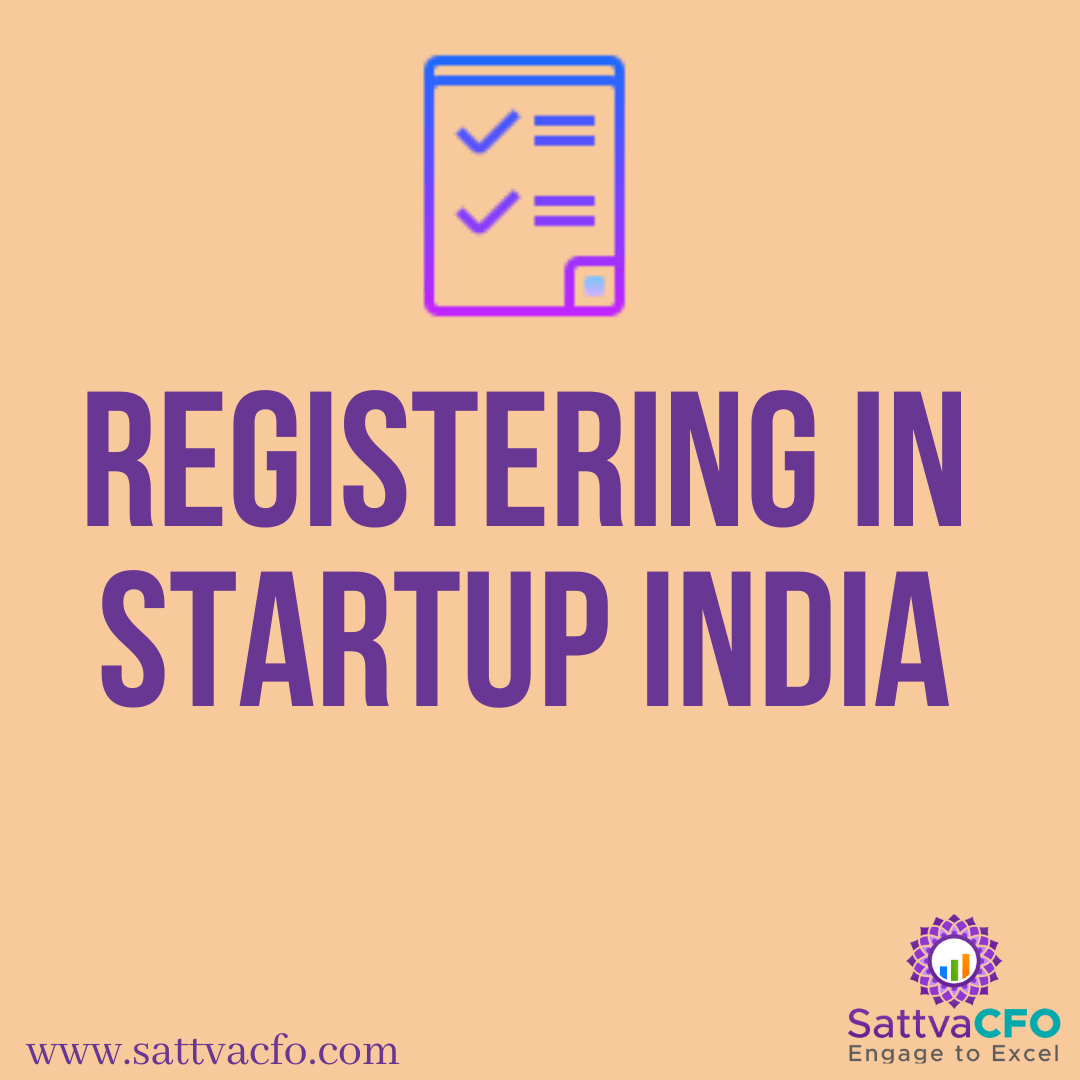Registering in Startup India
The Startup India Scheme is a government-led program aimed at creating jobs and income in India. Startup India’s mission is to produce and innovate goods and services while also boosting India’s employment rate.
Table of Contents
Steps to register in Startup India
Step 1: Incorporate your business.
First and foremost, you must establish your company as a Private Company, a Limited Liability Partnership, or a Joint venture organization. To obtain registration, you must follow the standard procedure, which involves filling out a form.
Step 2: Register under Start-Up India
Then you must register your corporation or business as a startup under the government’s Startup India program. All you have to do is fill out the form on the Startup India portal. You must complete all of the fields and submit a specific amount of documents.
Step 3: Get DPIIT Certification
The Department for Promotion of Industry and Internal Trade (DPIIT) Recognition should be the next step after setting up an account on the Startup India website. This accreditation enables entrepreneurs to access advanced intellectual property facilities and benefits and ease government procurement rules and self-certification under human rights and environmental laws.
Convenient firm winding up, availability to a Managed fund, three-year tax exemption, and tax break on investments over current market value. If you are a new user, click the ‘Get Recognised’ button to get DPIIT Certification. If you’re already a participant, go to the Dashboard button and then to DPIIT Recognition.
Step 4: Recognition Application
The page titled Recognition Application Detail appears; on this screen, go to the Registration Details section and click on View Details. Complete the Startup Recognition Form and hit the Submit button.
Step 5: Documents for your start up’s registration incorporation/registration certificate
- In the event of a validation/early traction/scaling stage startup, a proof of concept such as a pitch deck/website reference is required.
- Details about patents and trademarks
- Details of the director
- PAN (Personal Identification Number)
Step 6: Get your recognition number.
You will receive an instant recognition number after submitting this registration. Only when the authorities have reviewed all of your supplied papers will you receive a certificate of registration or incorporation.
You must be cautious when submitting the information, as any discrepancy can result in a massive penalty of up to 50% of your paid-up capital or, at the absolute least, Rs 25,000.
Criteria for Eligibility
- Age requirements: Applicants must be at least 18 years old and no older than 65 years old.
- To be a private limited corporation, a registered partnership business, or a limited liability partnership, t The annual turnover should not exceed Rs. 100 crore.
- Any business split-up or restructuring should not be used to start a new firm.
- It should not be more than ten years old.
- DPIIT has been recognized. Startups that have been in business for less than five years are eligible to apply.
- In the past, the applicant should not have failed on any financial obligations.
- Bank funding under the Indian government’s supervision
- Tax exemption – relief for Angel Tax relief Participation in government or public sector tenders /Tax on Share Premium
- Involvement in government-sponsored programs and Startup Grand Initiative
- If necessary, quick closure under the 2016 Insolvency and Bankruptcy Code, within 90 days.
Since you’ve been aware of the startup’s eligibility and registration requirements, you can engage your firm in the Startup India program and take advantage of all of the government’s incentives.
FAQ on Registering in Startup India
1.Startup India Registration documents that have been waived off
Ans. The following document requirements have been waived off during Startup India registration which was previously required:
- Letter of Recommendations.
- Letter of funding.
- Sanction Letters.
- Udyog Aadhar.
- MSME Certificate.
- GST Certificate
2.Can Sole Proprietorship register in Startup India?
Ans. Proprietorships do not require a separate registration procedure. All you need is a business-related government registration. A proprietor would only require a sales tax certification if they were selling items online. As a result, becoming a sole proprietor is quite simple.
3.Which is the best Startup business idea?
Ans. The Best Startup Business Idea is:
- Travel Agency.
- Event Organisation.
- Customized Jewellery.





Leave a Reply